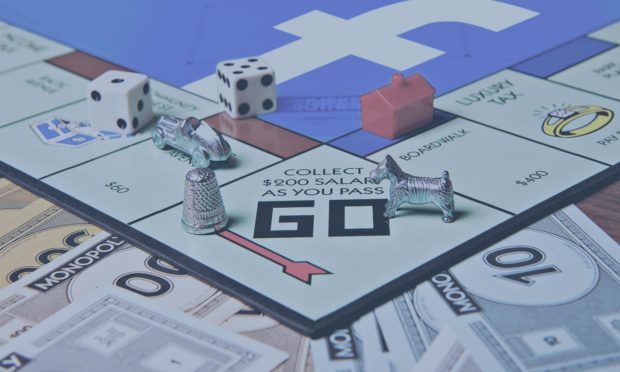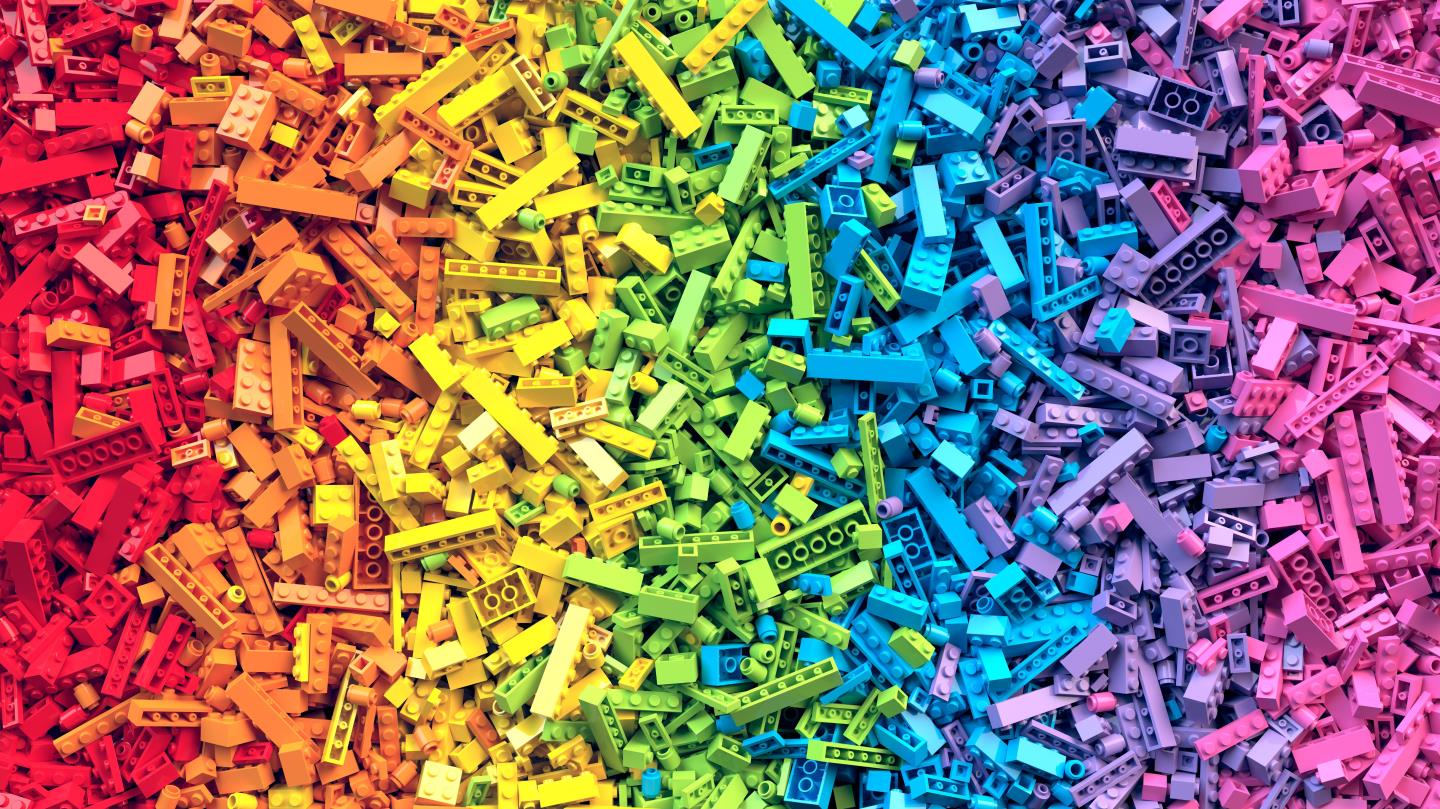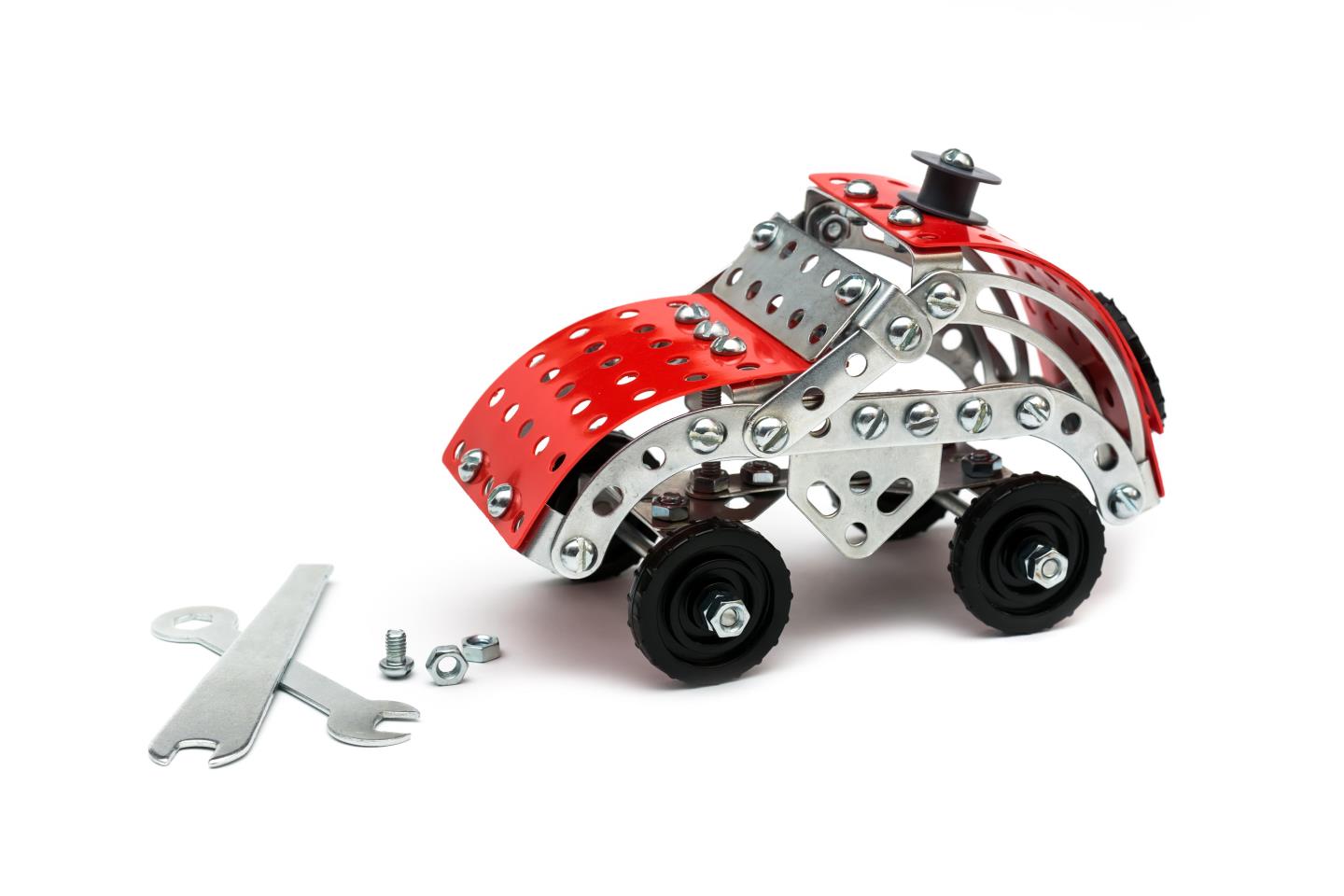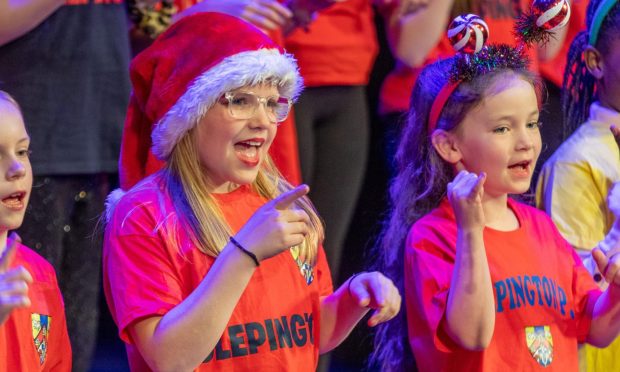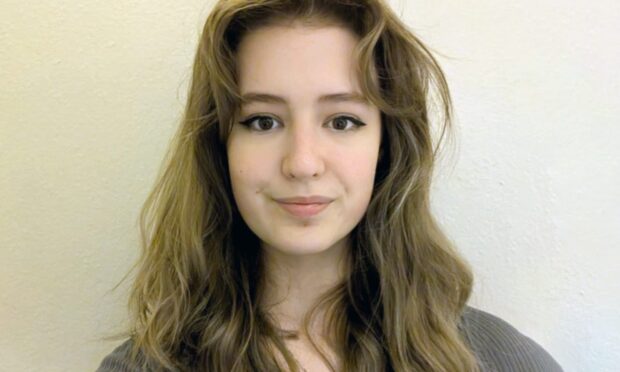Did you love to play Monopoly as a kid and now find yourself addicted to Facebook?
Turns out you’re not alone.
A survey has found a link between people’s favourite childhood toys and social media platforms they are drawn to today.
Eight out of 10 Facebook users asked said they preferred to play board games such as Trivial Pursuit and Monopoly when they were growing up.
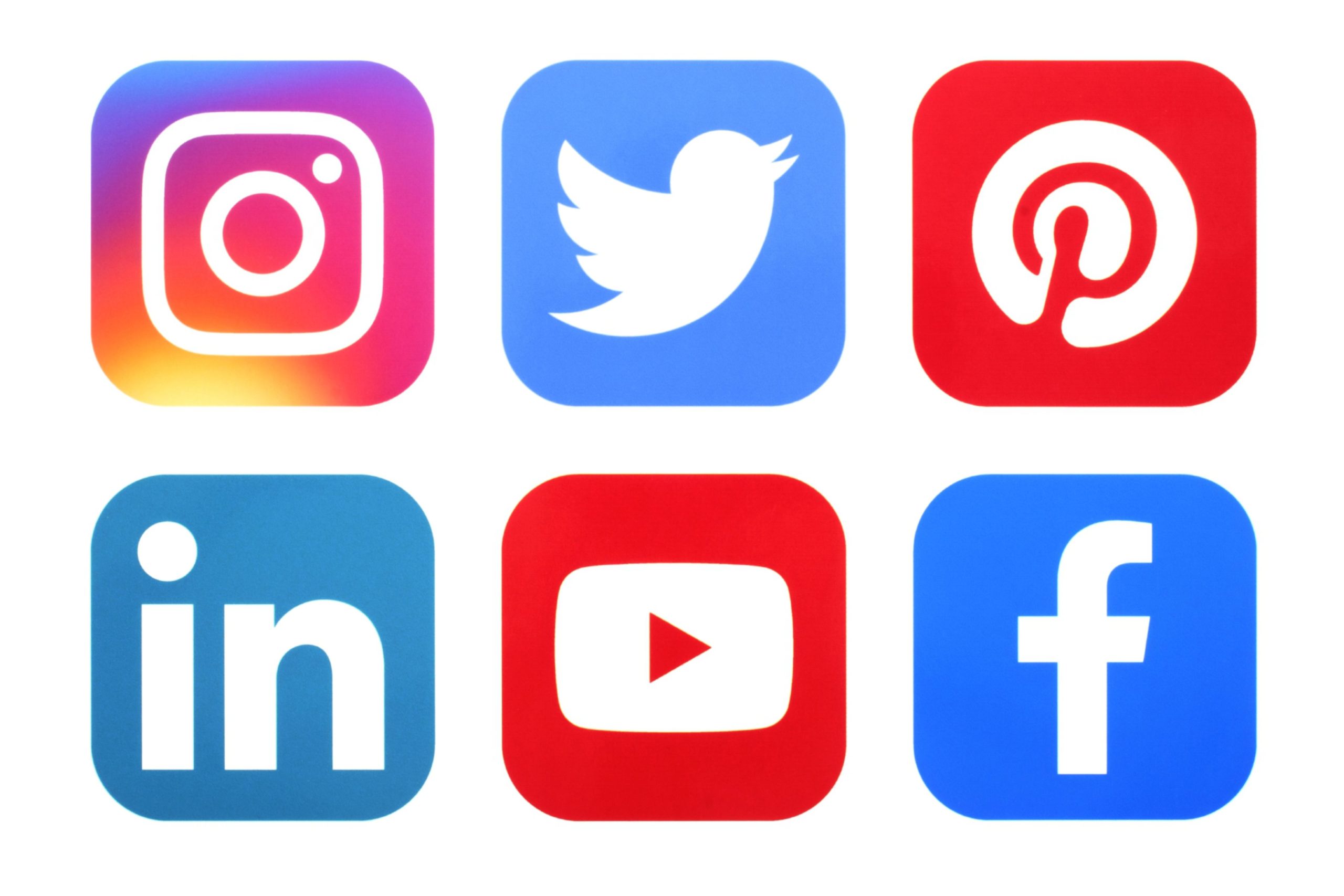
LEGO was the childhood toy of choice for 71% of users of LinkedIn – the platform popular for professional networking – while 59% of them said they also liked a game of chess or draughts, continuing the theme of strategy.
The classic building blocks were also favoured by 61% of WhatsApp fans, perhaps mirroring the messaging app’s simplistic format.
Snapchat users were least likely to have enjoyed traditional board games such as chess and draughts, with 67% of them saying they preferred the virtual world of video games as children.
The popularity of games like Trivial Pursuit among Facebook users is perhaps due to the platform’s popularity among older generations. This could also account for the relative popularity among Facebookers of Cabbage Patch Kids – a huge hit in the 1980s – and similar soft toys, favoured by 48%.
Twitter fans were among those most likely to have played with mechanical toys such as Meccano, K’Nex and Scalextric, while Pinterest users were the most likely (64%) to have preferred soft toys and plush dolls.
The piecing together of beautiful images in Instagram is reflected in the childhood love of jigsaw puzzles which 60% of users surveyed reported.
If you’re a regular Skype user and used to play with traditional wooden toys, you’ve got something in common with the 64% of Skypers who did the same.
The survey of over 4,000 UK adults was conducted by online children’s gift retailer Wicked Uncle to celebrate social media day on June 30.
